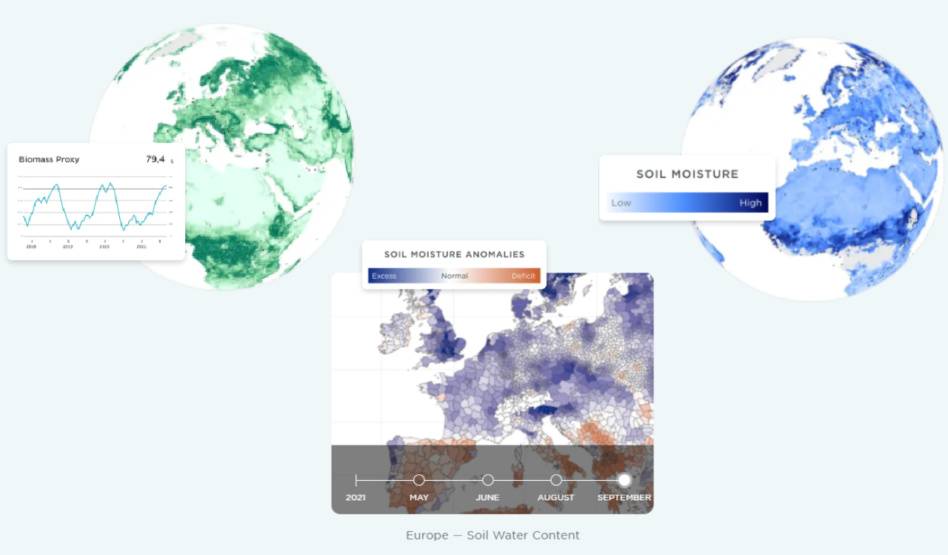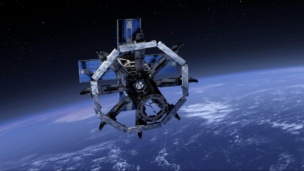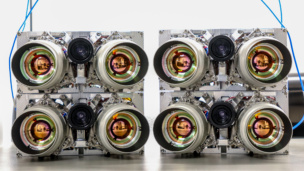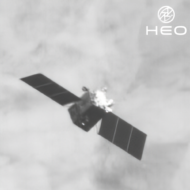Planet (NYSE:PL) yesterday announced Planetary Variables, a new analytics product that spans three preprocessed data feeds:
- Soil Water Content: daily observations of the amount of water in soil at 5cm depth at 100m resolution
- Land surface Temperature: “Accurate, continuous insight” into surface temps at 100m resolution
- Vegetation Biomass Proxy: Daily crop biomass data at 10m resolution
Oh hey VanderSat: Planet completed its ~$28M acquisition of the Danish startup in December. VanderSat uses space agency data to provide specialized water and crop health analytics products.
- “When one combines their new data with Planet’s, the value is far greater than the sum of its parts,” Planet CEO Will Marshall said last November.
- Planetary Variables is “based on the scientific expertise of VanderSat,” Planet says on its new product page for the data feeds.
Payload takeaway: Planet continues to move “up the stack” to analytics and lean into the agriculture vertical, in part assisted by M&A.





